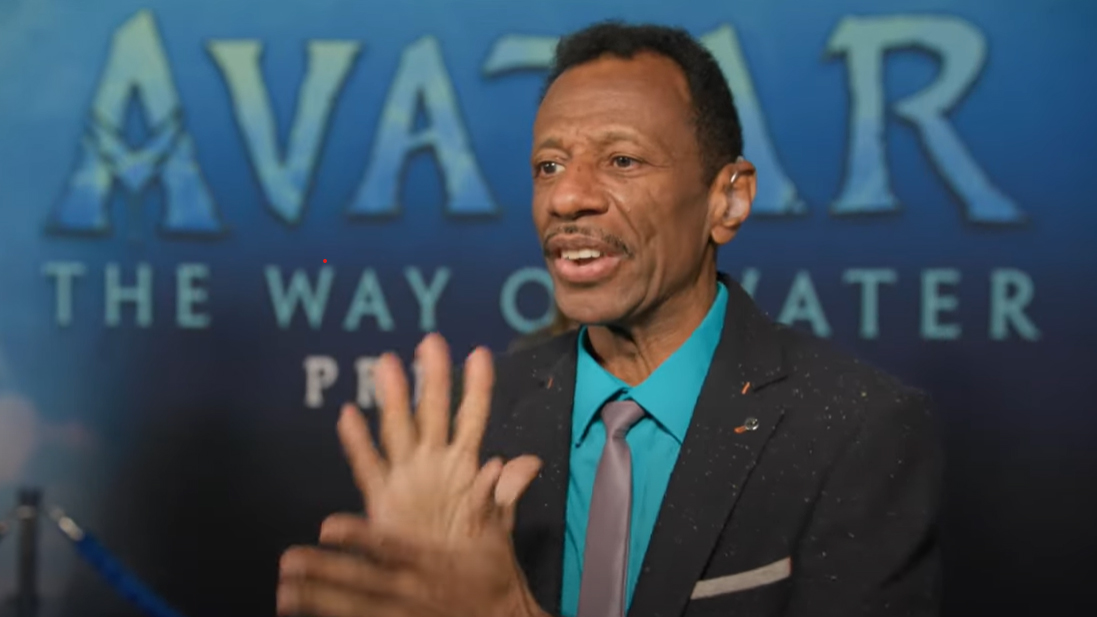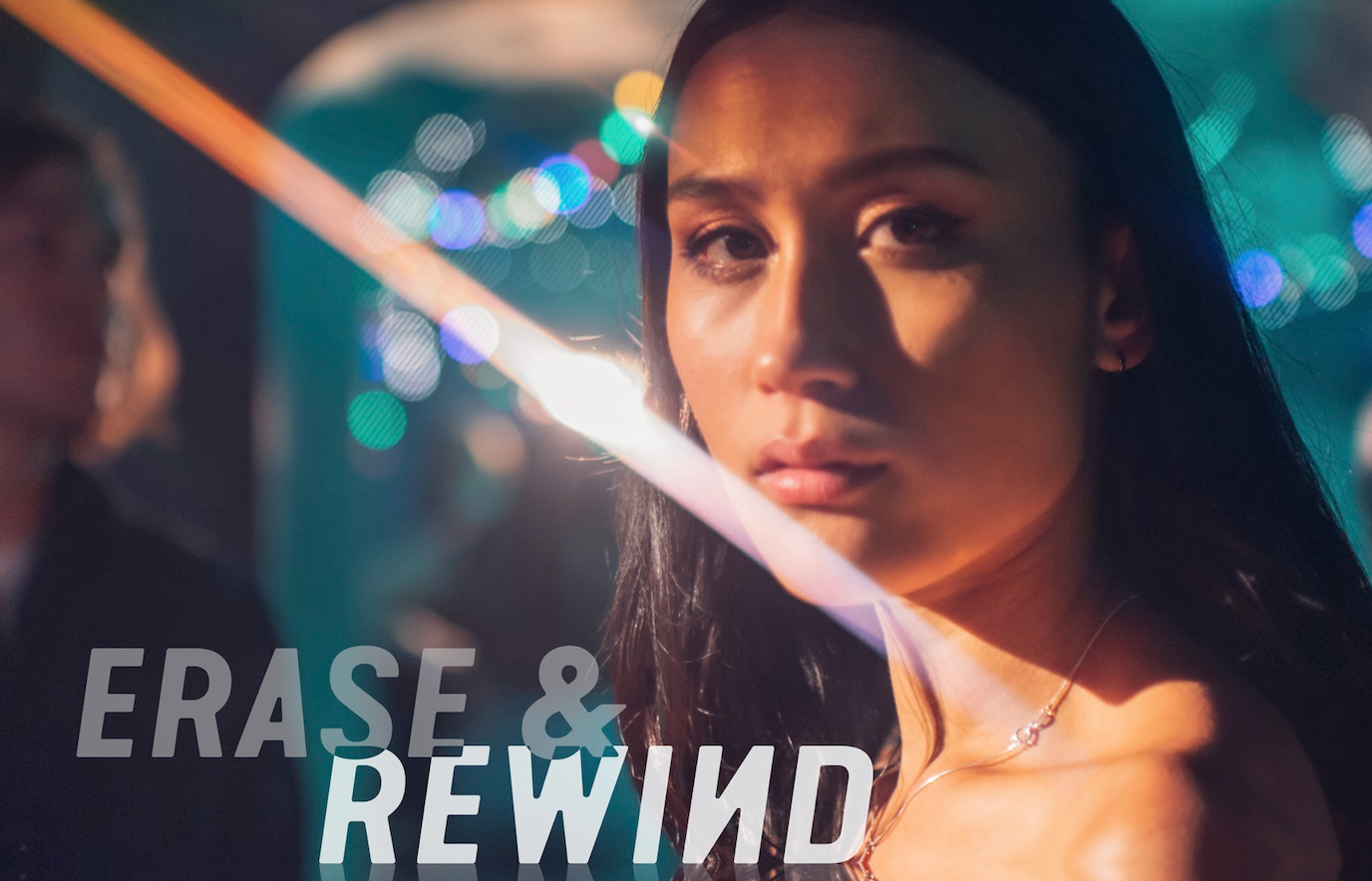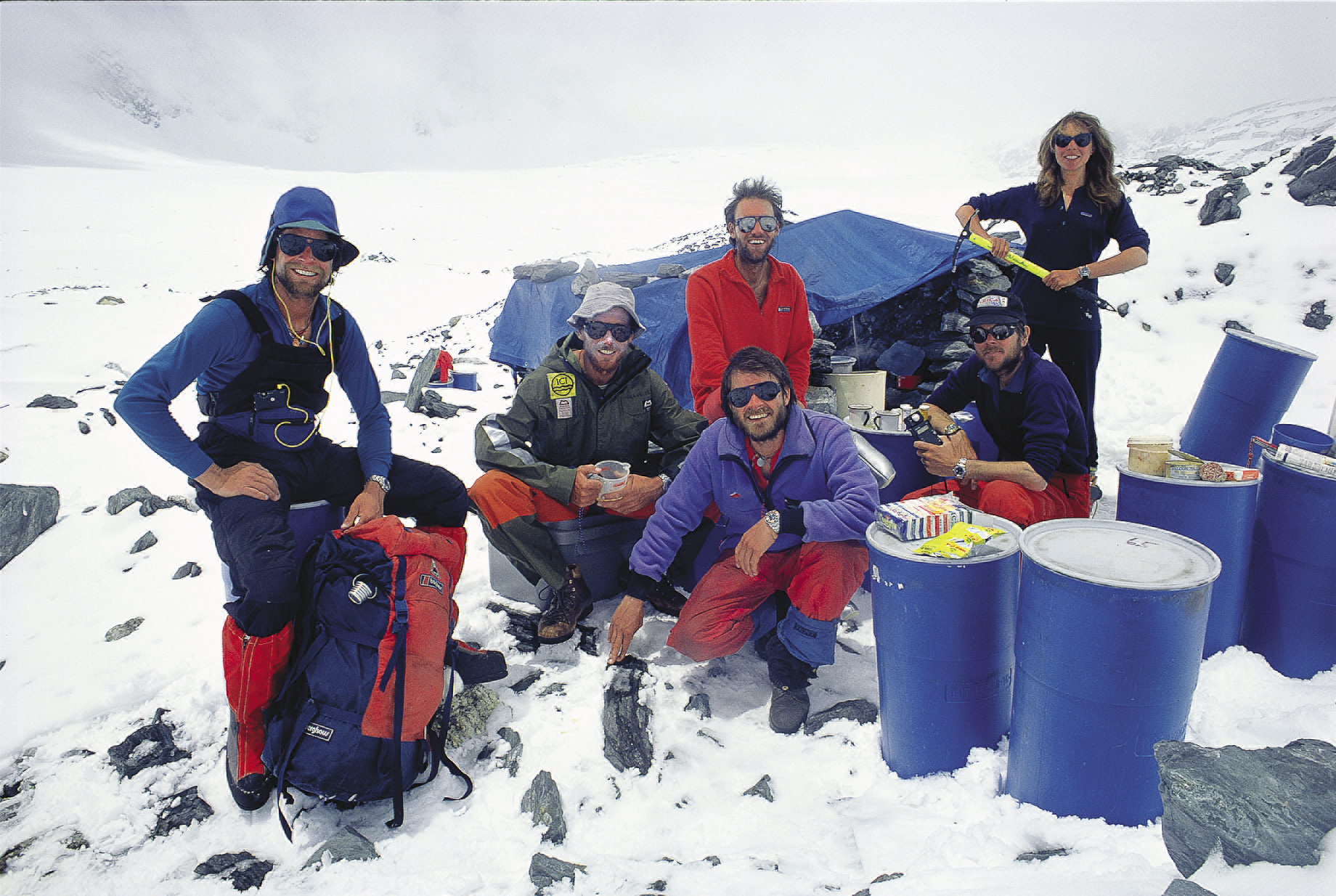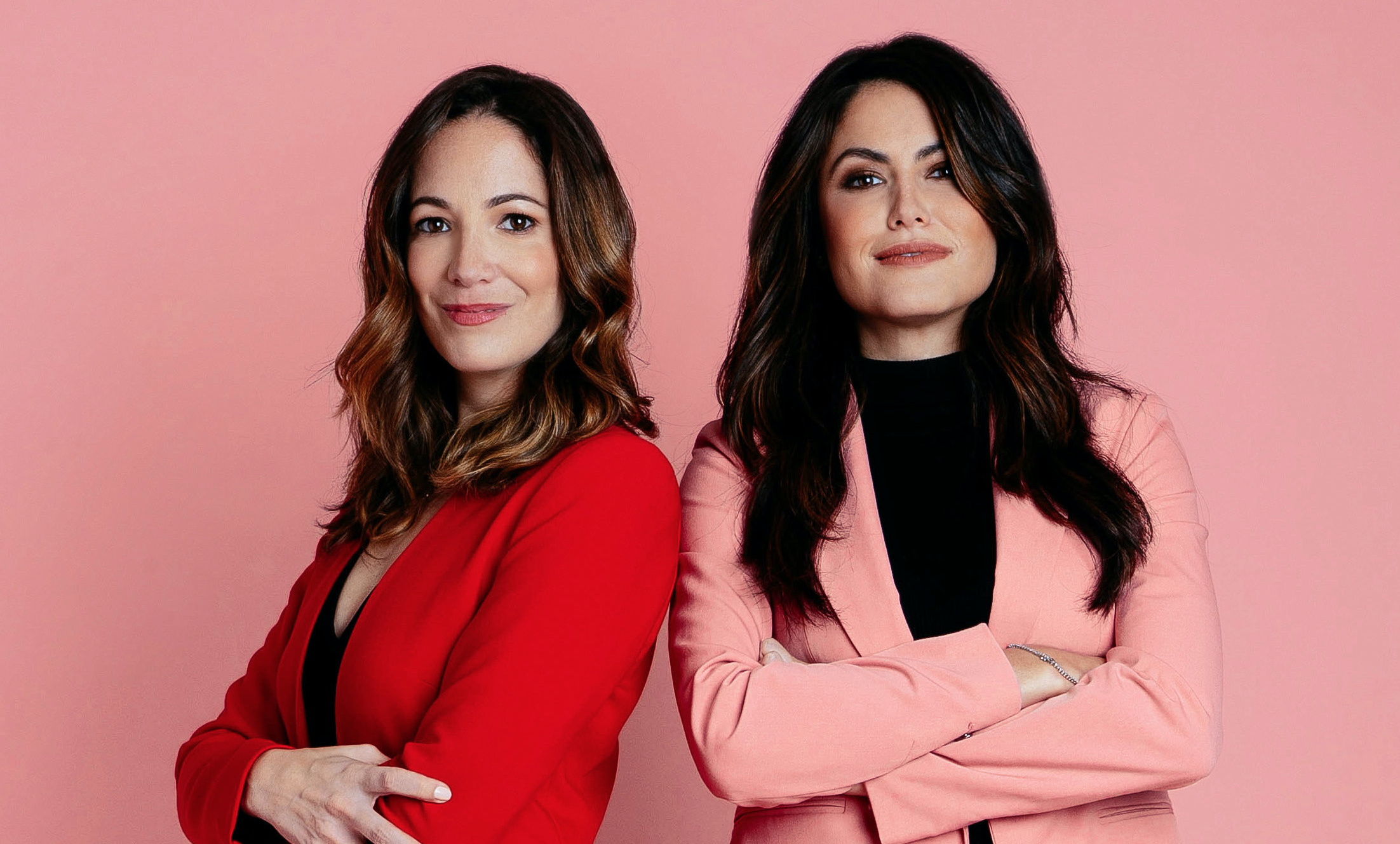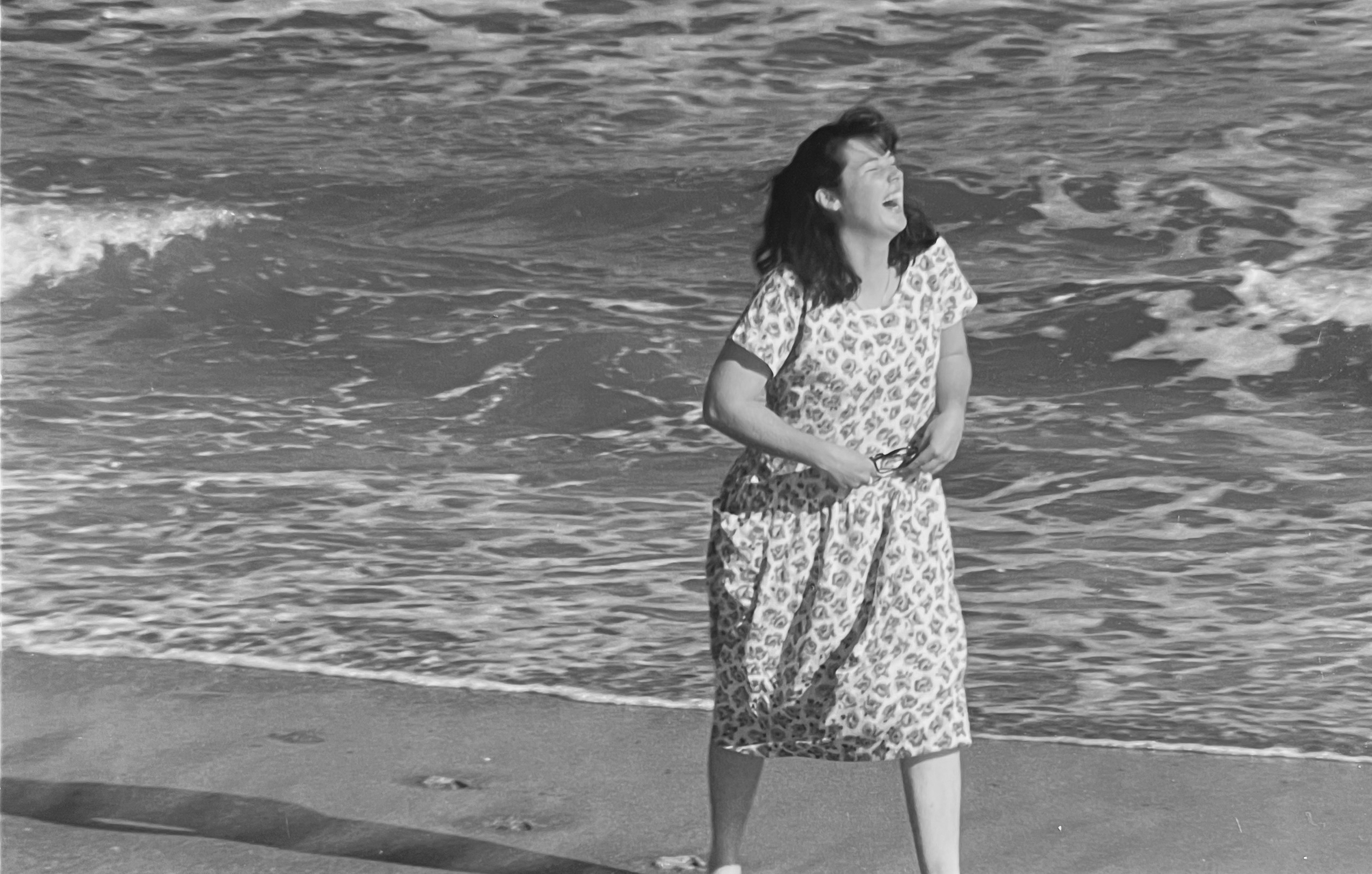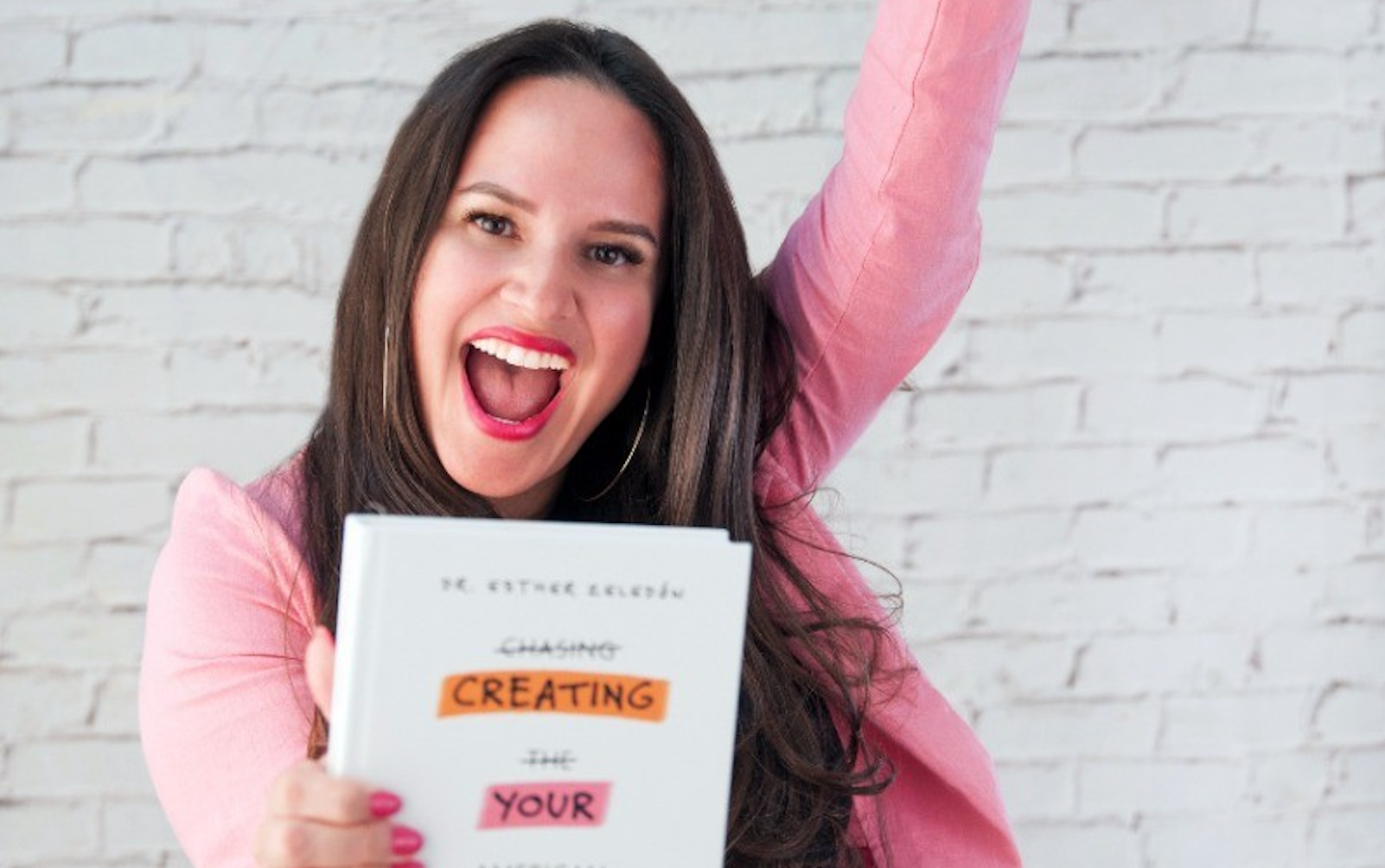
In her powerful memoir, ‘Warda: My Journey from the Horn of Africa to a College Education’, Somali-American writer Warda Mohamed Abdullahi not only tells the story of her own resilience but also that of striving refugees around the world.
Set in the rugged shrublands of rural Ethiopia, the contentious neighborhoods of South Africa, and the icy streets of Michigan, Warda is the story of a fierce young woman on a tireless quest to become the first member of her family to go to college.
Born in Saudi Arabia to undocumented, ethnic Somali parents living hundreds of miles from their ancestral homeland, Warda Mohamed Abdullahi loses her mother in a horrific accident as a baby and must live apart from her father until she’s eleven years old. As she grows up, she faces tragedy and triumph, from staring down a wild leopard to protect her family’s sheep and goats, to carefully crossing borders and evading immigration officials across Africa, and traveling with her family to America to begin life anew.
‘Warda’ is a powerful memoir that will help readers understand the inequities and injustices embedded in a global system that determines who is allowed to move freely and live where they choose. It is the story of a father’s relentless quest to give his eldest daughter the opportunities he never had and a daughter’s perseverance, determination, and steadfast refusal to let go of a dream.
We had the chance to speak with Warda herself on June 20, which is World Refugee Day, to talk more about documenting her dynamic story, her passion for education which is constant theme throughout the book, breaking down taboos around refugees, and what she hopes readers will learn most about her life journey so far.

Thank you for sharing your powerful story in your book ‘Warda’. Why did you want to share your story with the world?
I want to share my story because I want people to know that anything is possible. By sharing my story, People can learn and be inspired by my experiences and struggles. I was once a shepherd girl with no education background in 2009 and I was able to get my Bachelor of Science in Public Health 11 years later.
Although your journey as a refugee has been traumatic and dangerous at times, can you share any moments of joy that you remember most growing up?
Reuniting with my father after 11 years of living on the farm was my happiest moment. Starting school and finally having the opportunity to have an education at the age of 11.
Starting University and being the first to graduate from University in my family and being a role model to my younger siblings.
What were the most difficult parts of your story to share?
The chapter about my mother. It took me months to write that chapter. Every time I would type I get very emotional and could not continue. Even though I don’t remember anything about my mother, I miss her every day.
How unusual is it to read stories like that of your father, championing your education and ambition in life as a daughter?
It’s very rare to see girls be put in school, and my case was a rarity specifically because girls that live away from cities usually never go to school. My father never finished school and since he never got the chance to finish school, he always made sure we were doing well in school, girl or boy alike.
What are some misconceptions about the term “refugee” that you want to dismantle by sharing your story?
Refugees today in this political climate are seen as leeches who contribute minimal amounts to the economy. I believe that refugees are the backbone to a functioning society. By reading my book, I want people to see my refugee success story and how I overcame barriers to get to where I am today.
You have a lot of resilience and perseverance, as evidenced by your drive to pursue a medical degree despite the odds, and be unapologetic about who you are. Were there ever moments you felt like giving up, or doubted yourself?
Yes, there were a few times I felt like giving up. The pressure of being a college student, a mother and being the eldest of my family, I had to take large responsibility and enormous pressure that a regular person would crumble under, so it took a lot of commitment, planning and mental stability to get to where I am today.
What are some of the biggest struggles refugees face today that we should be more aware of?
Assimilation. Some of the inequities and injustices refugees face are no access to food and water, also education. Throughout my life, refugees have been facing inequalities and no opportunities of education and I believe unless we do something about it, it will not change.
What were your first impressions of American schooling when you moved here?
On my first day of high school in America, the school was big, and there were so many students, unlike in South Africa. Schools there are smaller, and there are not many students. I was confused. I had never seen students talk back to their teachers. It was certainly a first for me. Back home, we were taught that teachers are our second parents and should always respect them. Treat them as our parents. I could not stop thinking about how this student was not taking advantage of their opportunities around the world; kids their age pray to have an education every day. However, it has always been a dream of mine to have access to the best education in the world and despite everything I have been through, it was a fresh start for me where I could pursue my goals and dreams.
As we look ahead to World Refugee on June 20, how do you hope people in America (and in other countries) will become better allies of refugees after reading your book?
I hope that people in America treat refugees with a welcoming hand. Like it says on the statue of liberty, “Give me your tired, your poor, your huddled masses yearning to breathe free…” Immigrants come here to experience America and hopefully attain the “American Dream.” The little things matter, such as showing them around and taking them grocery shopping. I hope that people in America will understand what refugees go through every day and the enormous toll it takes on refugees to assimilate to American culture while also trying to hold on to remnants of their culture.
What legacy do you hope to leave behind for your daughter?
A love of learning, a good work ethic, and commitment.
You can get a copy of ‘Warda’ by clicking HERE.
Follow Warda on social media:
Twitter: @WardaAbdullahi3 | Instagram: @warda_abdullahi| TikTok: @Wardanuurah
LinkedIn: Warda Abduallahi | Facebook: Warda Mohammed Abdullahi












